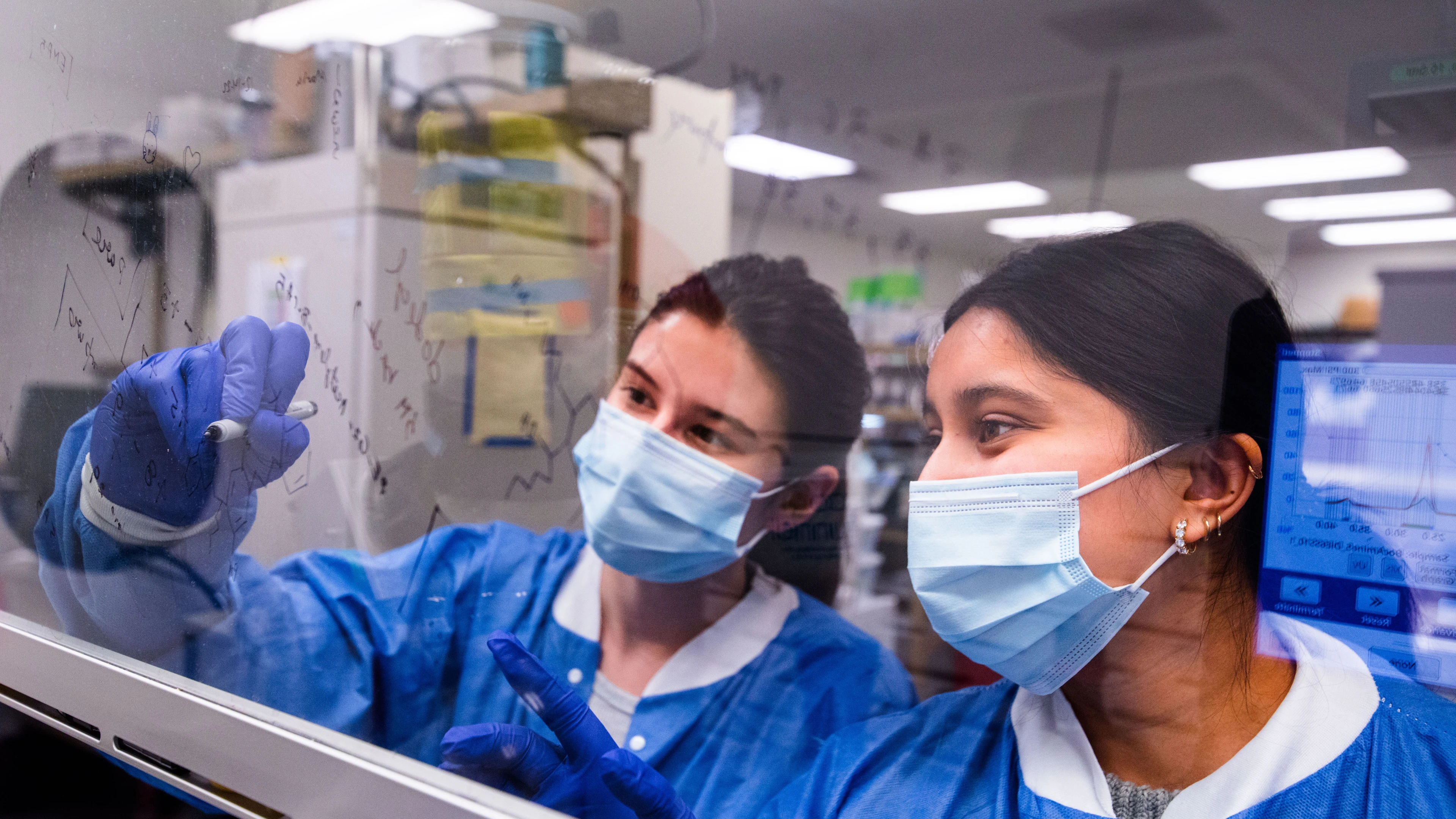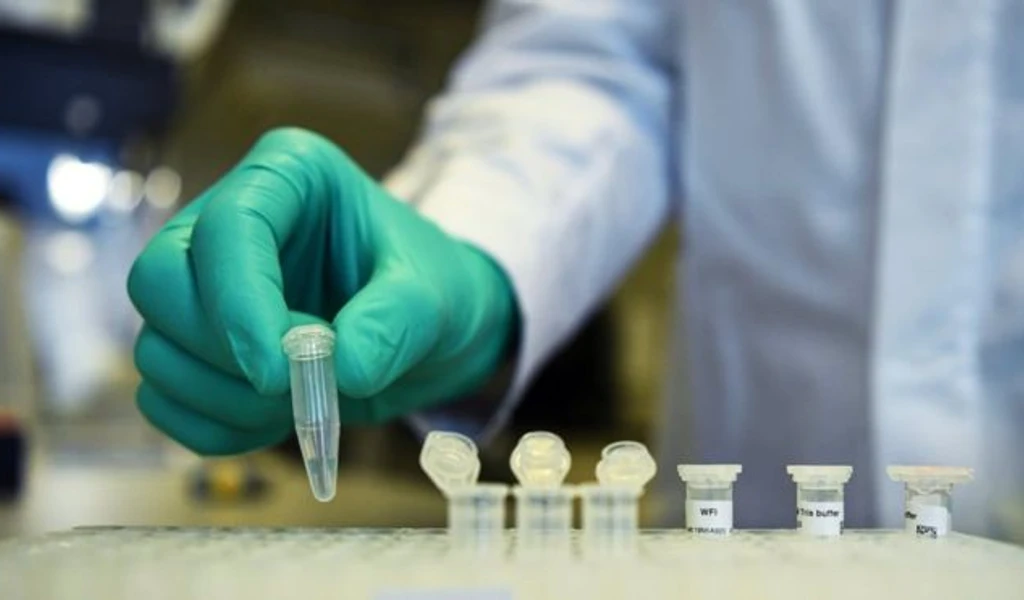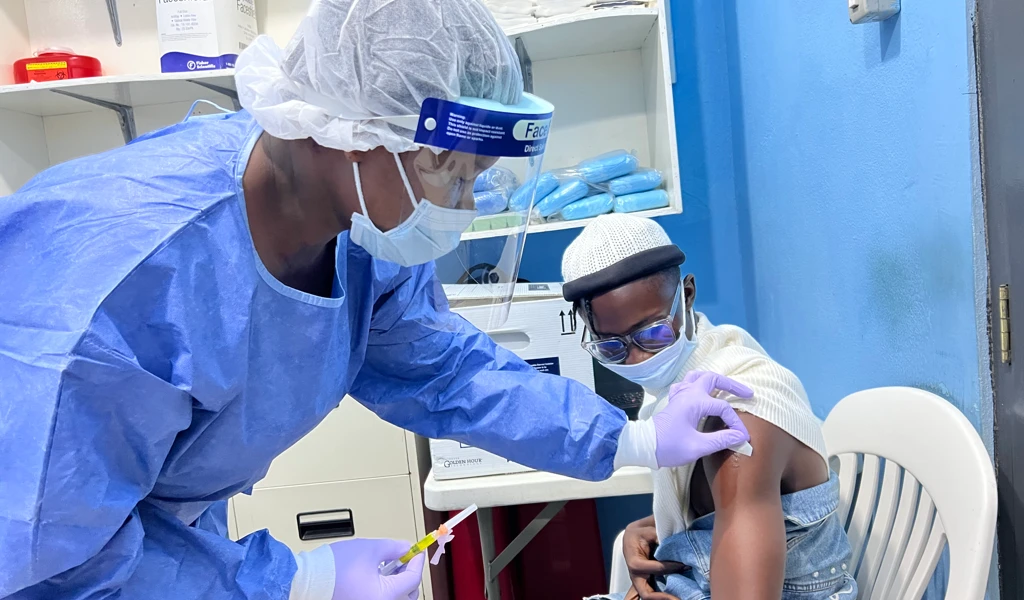CEPI partners with Tiba Biotech to evaluate next-generation RNA vaccine platform technology to respond to ‘Disease X'

First award under CEPI's innovation programme to improve rapid-response RNA vaccine technology for use against future epidemic and pandemic threats
12 January 2023, OSLO Norway/ CAMBRIDGE, Mass: The Coalition for Epidemic Preparedness Innovations (CEPI) and Tiba Biotech, a preclinical biopharmaceutical company, today announced a new partnership agreement to evaluate Tiba Biotech's next-generation RNA vaccine platform technology. Tiba Biotech's innovative platform could offer substantial advantages over existing RNA vaccines when responding to future epidemic or pandemic diseases.
RNA vaccines have saved millions of lives and played a central role in reducing the morbidity and mortality caused by COVID-19, and they will almost certainly be critical to enabling rapid responses to future outbreaks. However, existing RNA vaccines are reactogenic, producing fever or local reactions in many recipients, and attributes of the current technology create barriers to equitable access, due to stringent cold-chain requirements and high production costs relative to other vaccines. Through a Call for Proposals issued in January 2022, CEPI is seeking to advance novel RNA platform technologies based on high-impact innovations that could make RNA vaccines more effective, easier to use, and more accessible in future outbreaks, as well as to expand the application of RNA vaccine platforms to a broader range of virus families.
CEPI will provide US$2 million to advance Tiba Biotech's novel RNA nanoparticle delivery platform, RNABL™. This seed funding will support the design, development, and preclinical evaluation of an RNA vaccine candidate against Japanese Encephalitis Virus (JEV) — a flavivirus that causes human disease, related to dengue, yellow fever and West Nile viruses. The project aims to generate valuable data on the potential for Tiba Biotech's vaccine platform to make the production of RNA vaccines less costly and more efficient; and to develop vaccines which have fewer side effects and are more effective. If successful, the parties have the option to extend the initial project to develop vaccine libraries against known pathogens with pandemic risk, and novel pathogens with epidemic or pandemic potential that could cause the next ‘Disease X'.
In the past three years the world has experienced a revolution in vaccinology which saw COVID-19 vaccines being delivered with unprecedented speed and scale. mRNA vaccines have been a game changer for the global pandemic response, but there is scope to substantially improve the technology to make it more effective and accessible when responding to future outbreaks. We are excited by Tiba Biotech's nanoparticle approach which we think may reduce adverse reactions and improve the thermostability of mRNA vaccines. Such advantages would make mRNA vaccines easier to use and potentially increase their accessibility and acceptability in many countries.
This initial focus on JEV is just the start to developing, expanding and enhancing RNA vaccine rapid-response capabilities against known and unknown threats. We are confident the collaboration with CEPI will demonstrate the unique advantages of our RNABL delivery platform in producing safe and effective mRNA vaccines for the global community.
Tiba Biotech's innovative RNA vaccine platform technology
To deliver an RNA payload, Tiba Biotech uses organic molecules to form biodegradable nanoparticles that are less inflammatory than current lipid nanoparticle (LNP) formulations. This approach potentially produces vaccines with reduced reactogenicity compared to existing LNP-based vaccines, which could enhance their performance and make them more acceptable for broad public use. Tiba Biotech's thermostable nanoparticles can be stored for longer periods under 4°C refrigeration. This is particularly suitable for use in low-resource settings without the need for burdensome ultra-cold chain infrastructures which has hindered the use of COVID-19 RNA vaccines in some countries.
CEPI's efforts to improve rapid response RNA technologies form part of the organization's $3.5 billion plan to compress vaccine development timelines to 100 days, a goal that CEPI calls the 100 Days Mission, which has been backed by leaders of the G7 and G20. Tiba Biotech's platform technology has the potential to play a role in meeting this mission by contributing to CEPI's library of prototype vaccines and providing a rapid response manufacturing infrastructure which could be deployed in low- and middle-income countries.
Enabling equitable access to vaccines
CEPI is committed to enabling equitable access to the vaccines it develops. Tiba Biotech has committed to ensuring access for the populations who need them to the JEV vaccine and any additional vaccines developed under the funding agreement, in line with CEPI's Equitable Access Policy.
Photo credit: Tiba Biotech
--ENDS--
About CEPI
CEPI is an innovative partnership between public, private, philanthropic, and civil organizations, launched in 2017, to develop vaccines against future epidemics. Its mission is to accelerate the development of vaccines and other biologic countermeasures against epidemic and pandemic threats so they can be accessible to all people in need.
Prior to COVID-19, CEPI's work focused on developing vaccines against Ebola virus, Lassa virus, Middle East Respiratory Syndrome coronavirus, Nipah virus, Rift Valley Fever virus and Chikungunya virus — it has over 20 vaccine candidates against these pathogens in development. CEPI has also invested in new platform technologies for rapid vaccine development against unknown pathogens (Disease X).
CEPI has played a central role in the global response to COVID-19, supporting the development of the world's largest portfolio of vaccines against SARS-CoV-2 and its variants with a focus on speed, scale and access, as well as co-leading COVAX, the global initiative to deliver fair and equitable access to COVID-19 vaccines. CEPI is also the world's leading funder of R&D for broadly protective coronavirus vaccines which could protect against future variants of COVID-19 as well as other coronaviruses with epidemic and pandemic potential.
CEPI has embarked upon an ambitious US$3.5bn five-year plan — called CEPI 2.0 — to dramatically reduce or even eliminate the future risk of pandemics and epidemics. Central to the plan is CEPI's goal — supported by the G7 and G20 — to compress the time taken to develop safe, effective, globally accessible vaccines against new threats to just 100 days. Achieving this ‘100 Days Mission' would give the world a fighting chance of containing a future outbreak before it spreads to become a global pandemic. Read the plan at endpandemics.cepi.net/
Follow our news page for the latest updates. Follow us @CEPIvaccines, @DrRHatchett, and LinkedIn.
About Tiba Biotech
Tiba Biotech is a preclinical stage biopharmaceutical company developing next-generation RNA vaccines and therapeutics based on a novel dendrimer nanoparticle delivery platform initially developed at the Massachusetts Institute of Technology and the Whitehead Institute for Biomedical Research. Tiba Biotech's nanoparticle delivery platform, RNABL™, can safely enable large vaccine and therapeutic payloads, with relaxed cold-chain requirements and superior safety compared to existing RNA technologies, to provide protection against multiple human and animal diseases.
For more information about Tiba Biotech visit www.tiba.bio and follow us @TibaBiotech and LinkedIn.
The Tiba Biotech logo and RNABL are trademarks of Tiba Biotech, LLC. Other trademarks, registered trademarks, and/or service marks, indicated or otherwise, are the property of their respective owners.
Media contacts
CEPI
E: [email protected]
T: +44 7387 055214
Tiba Biotech
Colette Cote
E: [email protected]
T: +1 207 956 0991


